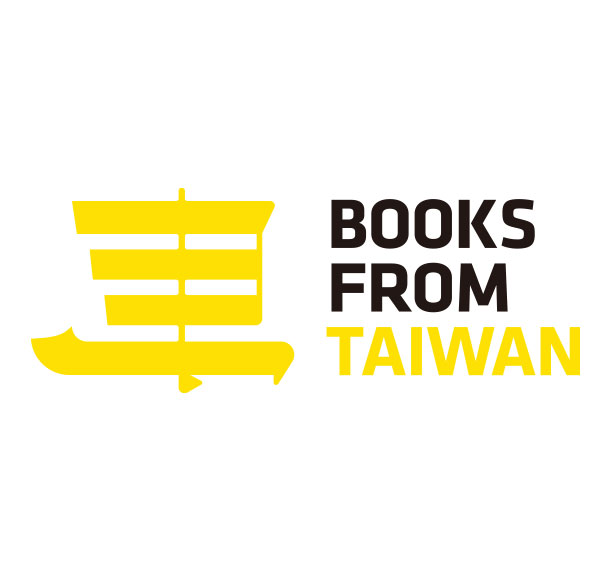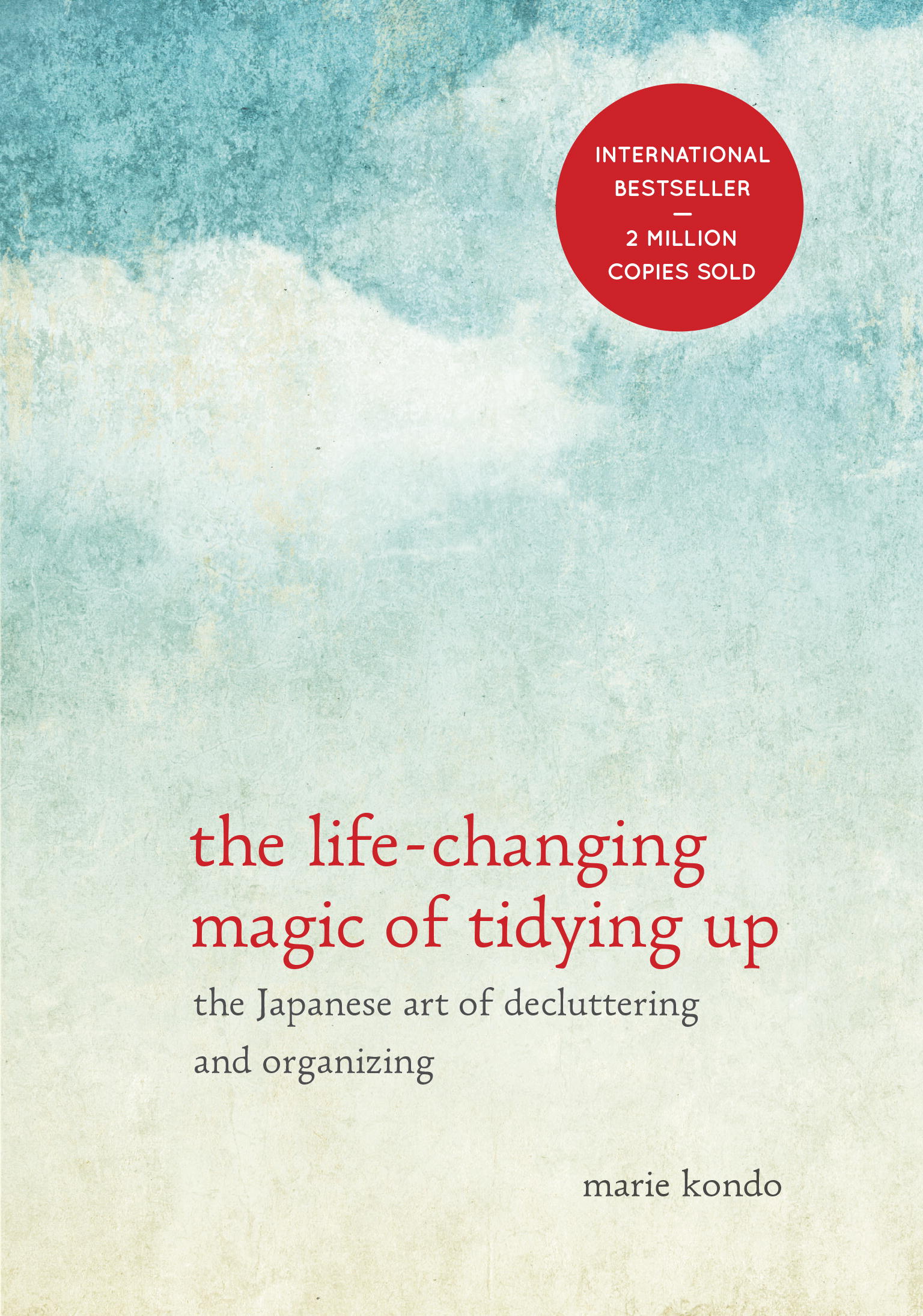‘Translated literature? All that weird French existentialism and German meditations on man and nature. Nah, bit too ‘literary’ for me, that stuff. A bit poncey.’
Please be introduced to our supposed friend, English Reader. Take a bow, English Reader.
‘Hello, yep, that’s me. English Reader. No taste. Not for that foreign stuff anyhow.’
You mention the word ‘literary,’ dear English Reader. What do you mean?
‘Well, you know, it’s just another word for ‘difficult,’ isn’t it?’
You don’t think it’s a bit like calling an apple appley? Or rain wet?
‘Erm?’
What I mean is, what’s literary literature? Sounds like an oxymoron.
‘Okay, fancy pants. I just mean, I don’t know, it’s a bit different. This translated literature. Like, I don’t know if it’s going to be good, because I can’t read the original. How do I know the translator hasn’t taken everything that’s good about the original and gone and made it, well you know, rubbish. I can’t judge it. It makes reading it so exhausting.’
So if you don’t like to read ‘literary’ literature, this difficult stuff, what is it you like? ‘Genre’ literature?
‘’Genre’ literature? You mean, popular stuff? Yeah, I like to read things with a good story, what’s your point?’
If you’re going to decide some things are ‘literary,’ you’re comparing it to something, something not ‘literary.’ I’m just wondering what that is for you.
‘I like to read crime fiction, yeah, I guess you’re telling me that’s ‘genre’ fiction. But I also like things that have won awards too. Amazon doesn’t ask me to choose from a selection called ‘genre’ fiction. Sounds like you’re being a bit snobby to me.’
I’m just trying to understand the words we use for different types of books. It seems to be something that can irritate people.
‘If you disparage people for their reading tastes, then yes, it can be irritating.’
But you just told me you don’t like translated fiction? Aren’t you the one being the snob? Presumably you don’t include Stieg Larsson in your ‘translated fiction is all difficult to understand’ grand sweeping statement?
‘No, but that’s probably because you’re the one putting words in my mouth. And anyway, talk about going for the obvious; Scandi crime. I’m not that into it, actually. It might have escaped your notice, but you just created me as your archetypal English Reader a few moments ago, the bogey man to your Literary Translator persona.’
I hadn’t actually introduced myself.
‘Then I think it’s time you did. Everyone, meet Literary Translator.’
Thank you. Yes, I happen to translate literature from Chinese and Swedish into English. That’s my job, and I’m trying to get to grips with what everyone says the English Reader wants. It’s part of my job. That’s why I’m talking to you.
‘Except, you’re not really. You’re making me say what you want to hear. That I don’t like translated fiction.’
Because you said so, just up there.
‘No, you made me say that. I believe you got to me to call it ‘foreign stuff.’ But I wonder if you’re really open to talking to me about translated literature, or you just want to make assumptions about what I really think.’
Okay, shall we start again? This conversation has turned a little hostile.
‘Damn right it has. Because apparently I have to stand in for all readers in English, like some Everyman that has to defend the fact that apparently we translate so little. Why is this my responsibility all of a sudden? At least I actually buy books, why am I the bad guy now?’
I guess that is a bit unfair, you’re right. Let me take a quick peek at your shelves. You seem to consume books in a fairly representative way though, you know, of the ‘mainstream.’ A good spattering of the best seller lists. I am Malala, the new Harper Lee (did you like it?), oh, even some adult colouring books!
‘Yes, but you’re also ignoring my sci-fi and fantasy collection, which includes… Let me see… Stanislaw Lem, Gert Jonke and wait, you’ll like this one, a bit out of the box, Wu Ming-Yi’s The Man with the Compound Eyes. Cli-fi, they call it.’
You’ve read Wu Ming-Yi’s book! Wow. Did you like it?
‘Yes, it was really lyrical, and quite beautifully detailed. I didn’t really know what to expect, so it was a bit more challenging than a lot of the other stuff I read. I mean, I don’t really know much about Taiwan. But I saw Margaret Atwood tweet about it, so I thought I’d give it a try. I’m glad I did.’
That’s brilliant! So, it wasn’t too ‘literary’?
‘Like I said, I had to put a bit of effort into it. Usually I like to read on my way to work, I have a forty-five-minute ride on the tube and so it helps me pass the time. But I found it a bit hard to concentrate on this one in the morning rush hour, with everyone’s sweaty armpits in my face. So I ended up finishing it on holiday, when I had a bit more time. This is the thing, you can’t go on at people about how good it is to read more fiction in translation and then get upset with them when they quite legitimately tell you that reading it takes more effort. I haven’t been to every country in the world, so sometimes the local elements in the story are a bit more difficult to grasp. The motivations behind the ways the characters behave, I guess.’
Yes, I suppose you’re right. Sometimes the way the story is told also takes a bit of getting used to. Not every culture takes the same approach to storytelling. It would be boring if they did.
‘Exactly! Sometimes translated books can feel a bit odd and you can’t put your finger on why. I don’t know if it’s because there are different cultural conventions, or, if the translator hasn’t done a good job. If I could read the original and know that, I wouldn’t need it translated!’
But you have quite a collection of foreign sci-fi by the sounds of it?
‘I think it’s interesting to see how different writers from different countries imagine the future, or alternate realities. It says a lot about their view of the world. But at times, I’m not sure I’m totally getting what it is they’re trying to say. It could just be lost in translation.’
Ah! I hate that phrase. Can you not say that to a literary translator?
‘But you can’t stop me from wondering if that’s what’s going on! How do I know if every translator is really skilled enough to bring someone else’s words into English? Not being able to judge because I can’t read the original, well, it leaves me a bit nervous. And yet that seems to offend you translators.’
It does take a lot of trust…
‘Yes, I’ve got to trust you haven’t messed up a really good book. When I’m reading something written in English, I can just say, ‘That was brilliant!’ or ‘That was rubbish!’ all based on my own taste. But I don’t know if something is really rubbish if it’s been translated. Maybe you were the one that was rubbish.’
The conversation has turned a bit hostile again. I’d just like to point out, translators worry about this more than any reader does, trust me. It’s a heavy weight. And sometimes we can sense that a certain stylistic element will be totally unfamiliar, if not downright weird, to an English reader. I mean you, English Reader. I can tell that you might think it ‘doesn’t work in English,’ but what I am I supposed to do? Should I only suggest translating things that tally completely with your expectations, should we all decide that if it’s challenging, it's not worth it?
‘Of course not. Didn’t we start this whole conversation with you making out that I only wanted an easy read, that I was just into ‘genre’ fiction? I think you should admit, that I’m a bit more open minded than you first allowed me to be.’
That’s true. We are clearly both suspicious of this word ‘genre’ fiction anyway. But what I think it comes down to is, people never pick up a book without having certain expectations about it before they start. If I tell you, ‘This is a sci-fi novel,’ but don’t tell you it’s from Taiwan, you’re going to read it expecting it to have certain features of a sci-fi novel that may or may not be present. This will shape your response.
‘It will, but you can tell me it’s both. A sci-fi novel and originally written in Chinese. Maybe that way, I’ll know to be a bit more flexible, or be willing to put in a bit more effort.’
But will you pick it up if you know it’s translated?
‘I already did, didn’t I? My point is, I can’t be expected to read every book published in English, let alone published in every language on the planet and then translated into English. When I go into a bookshop, or download something onto my Kindle, I have to make choices. Sometimes I want something easy, something where I know what I’m getting. And sometimes I want something new. But how I make those choices is a bit random, depends on how I’m feeling. You don’t get angry with me for not picking up the debut of some unknown British author writing in English, do you? So, you have to allow me to make certain personal preferences when it comes to authors I’ve never heard of from the other side of the world too.’
Hence why you’re into foreign sci-fi, but don’t have a lot of Mexican contemporary fiction on your shelves?
‘Precisely. I like science fiction, I read a lot in that genre, so it’s easier for me to branch out a bit into foreign sci-fi too. But just because I didn’t buy the latest Knausgård doesn’t mean I’m not going to buy a book from Taiwan. Despite your disparaging remarks about ‘genre’ fiction, knowing something written in Chinese is considered to belong to a certain genre, say sci-fi, helps me understand it. I’m more likely to pick it up than if you just tell me, ‘Hey, English Reader, this book was written by a Taiwanese author, you should check it out!’ You’ve got to help me out a bit. Throw me a bone.’
So what you’re saying is, you’re not necessarily going to be interested because it’s been translated…
‘No, not me personally, although maybe that appeals to other readers. And that’s probably what makes it difficult if you just tell me it’s translated and its ‘literary fiction,’ that could mean anything.’
I think that was my point to begin with, it’s an oxymoron. Appley apples, remember?
‘Yeah, oxymoronic. So recommend me some more Taiwanese sci-fi already. Or a good Taiwanese spy thriller. Or a Taiwanese colouring book, I need to relax.’
Okay, I’m working on it.



